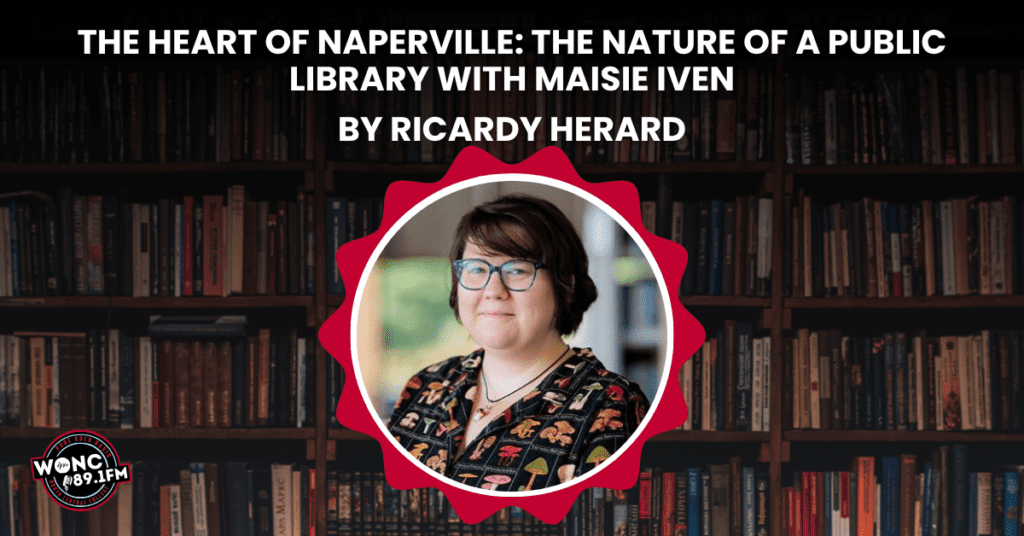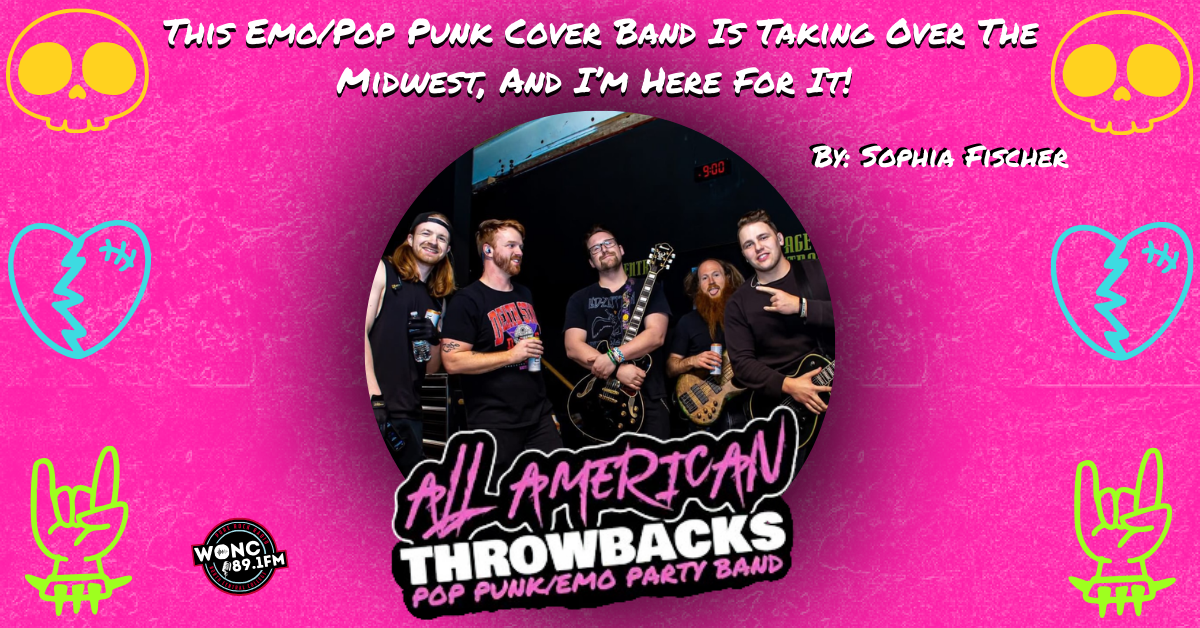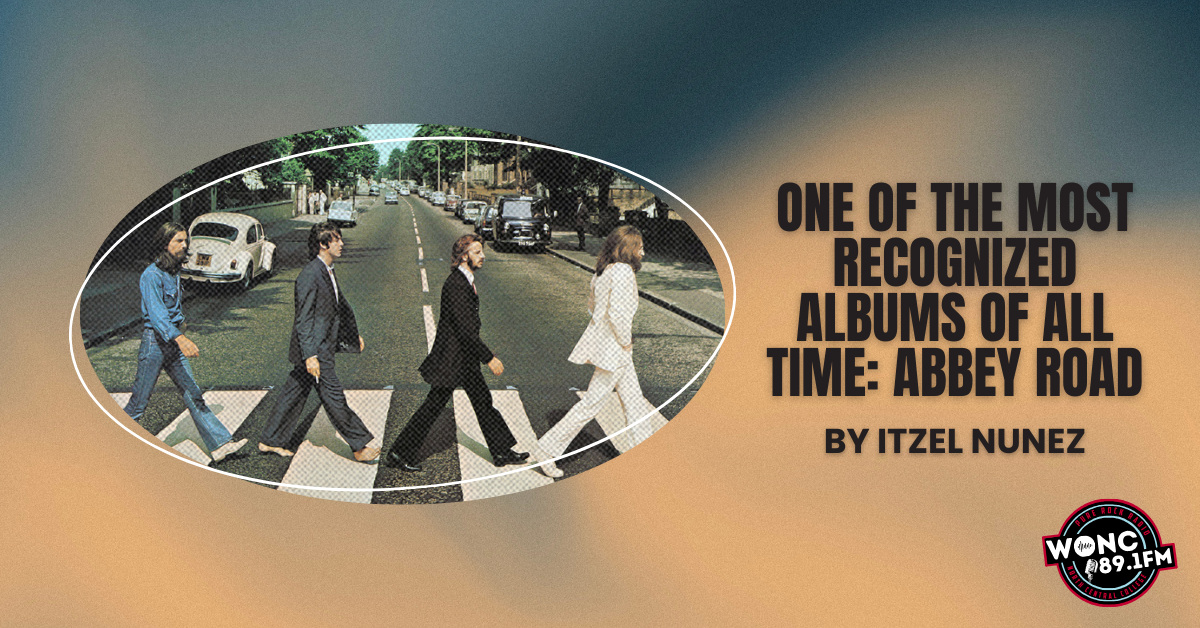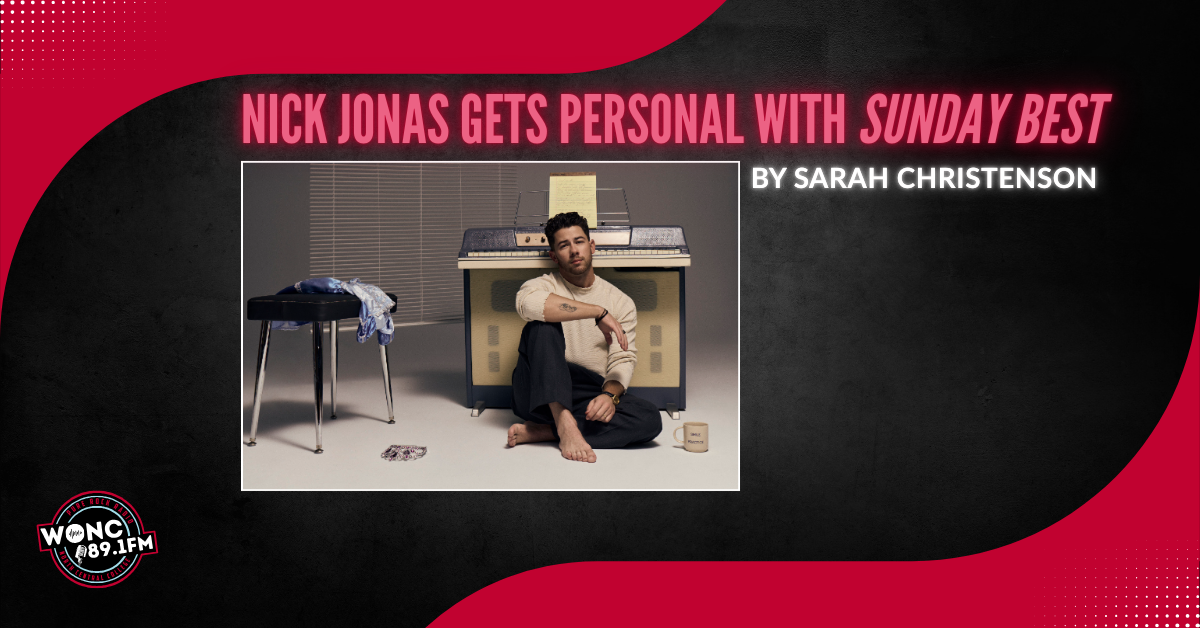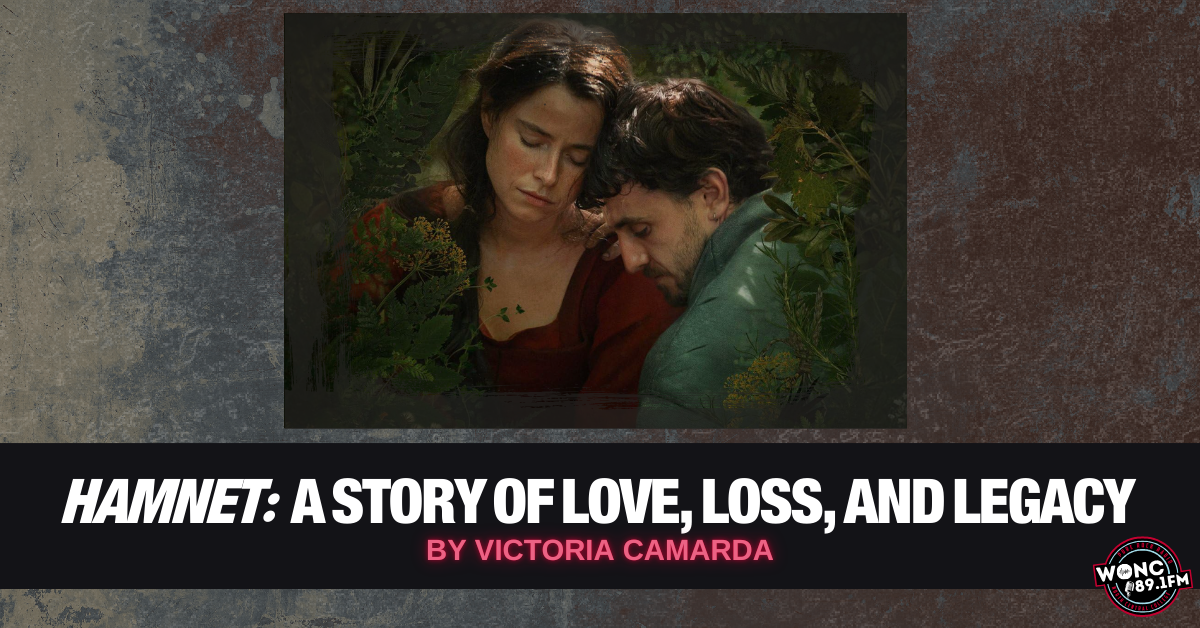by Ricardy Herard
“Having fun isn’t hard when you’ve got a library card.” A famous line from the Arthur television series when it aired on PBS Kids, but how true is it? Public libraries are not a novel concept, with examples of similar institutions being present even in Ancient Rome and likely earlier. However, it seems that the need for public libraries has decreased dramatically since the internet has made the same information equally available if not more so considering that we have access to it at all times. Frankly, I don’t believe that has to be the case. I have been going to public libraries since elementary school. I loved getting books to read from my school and public library and participating in events for children during the summer. It was a safe community which I assume anybody would like to have, especially now. But to truly understand what a public library provides, I had interviewed Maisie Iven, the children’s services manager of the Nichols Public Library here in Naperville. She had been working with libraries for a long time and as a self-proclaimed “library superfan,” her account might just help you think more about the significance of public libraries in the modern day. This is the transcript of Maisie’s interview:
How long have you been working with public libraries?
Maisie: I’ve been working with public libraries since… 2003, but I’ve only been with Naperville since 2020.
Where were you before Naperville?
Maisie: I was at the White Oak library system, specifically the Lockport location for several years, and then prior to that I was at the Cedar Rapids library in Iowa. I will say there was another library before that. I’ve been working in libraries too long.
Is it true that you’ve been a librarian since you were a teenager?
Maisie: I got my first library job when I was 14. I feel very lucky because most people are like, “I don’t know what I want to do,” and I was like, “Well, I’m going to be a librarian!” So, it helps.
What are the general tasks of a librarian, and what is your role?
Maisie: So, that’s a great question. It kind of depends on the type of library and part of the library you’re in. Here in children’s, we do a lot of Storytimes which makes sense. We spend a lot of time working on early literacy-based activities which we can share with young people and build some of those earliest literacy skills. We also maintain our own collections. Someone else orders the books in this system, but we have to make sure they’re looking good on the shelf, things that are no longer circulating we might remove, we do displays, we also work the reference desk and help people find the resources they’re looking for, and then here in Naperville, our adult services department and our adult service librarians also work our computer labs, so they help people with a lot of I.T. questions they might have, troubleshooting, all that good stuff.
Do you believe that what you do for these children has a good result in their development?
Maisie: I think it does. I think especially, like one of my favorite things is we’ll have kiddos who start baby Storytime very fresh. That is a brand-new baby, and you can see how much more engaged they are each week as they come back because they learn that routine and they learn how to listen, which is a huge skill you have to develop when you’re very small. I think also we spend a lot of time helping parents learn how to implement those tools because I think that’s something, like especially if you’re a first-time parent, you don’t know how to work those early speech skills, early manipulation skills, those sorts of things. Those sorts of early stages, and I think it has the biggest impact on our preschool. Birth through five, but I definitely see the impact still when we do older kid programs like helping them build confidence with reading. I think it’s nice, I think it’s a safe space for some kids who maybe don’t have a safe space in school or feel maybe less like a good fit for school in terms of learning styles. It’s nice that we’re able to offer another avenue of learning.
With the time you’ve been in this role, do you consider it difficult at all?
Maisie: I think it has its difficult moments. One of the scariest for me is always when people have kiddos who wander off from their parents, and we have to help them find them. That is always really tense, and we also have parents who, they really want the best for their children, and they don’t feel like some part of what we’re offering matches that, and that can be tense, but I really appreciate parents who are willing to work with us because I want what’s best for their kids, they want what’s best for their kids, we got to find a common ground there.
Does this profession ever bring any major concerns? Having worked with libraries over many years, have you ever faced anything that has been disheartening to say the least?
Maisie: So, in the last five years, the number of challenged and censored books in the U.S. has increased really dramatically. We are really lucky that we have not seen as much of that here in Naperville, but we still have seen some, and I find that really disheartening. I get that there are books you do not want your kid reading, I am all on board for you saying, “I don’t want my kid reading that,” but I have a broader issue with like, you have to let other parents decide what they’re comfortable with their kid reading, you know? So, I think the rise of censorship has been very frustrating to see.
Have there been any odd occurrences that happened here? Good or bad?
Maisie: So, some I can’t talk about, just because people have a right to privacy. We are a busy downtown library. Occasionally, we have people who are eccentric. Sometimes that’s in a bad way, sometimes that’s in a fun way. We’ve had people show up with their emotional support lizards. That’s a fun one. We’ve had other people who have made threats to staff. That’s not a fun one. I think that is just the nature of being in a busy public space. The way I like to phrase it is, “You never know what’s going to walk through the door, so you just got to be able to roll with the punches.”
What about any more common occurrences? Something worth mentioning like the days that make this job worth it?
Maisie: I think most days make this job worth it. I can tell you that, like we do during the summer, and then for Halloween, our outdoor river-walk Storytime, where we get like 200 to 300 people who just want to come and hear fun stories and do silly dances with us and it’s the best! I also was a teen librarian for many years, so I primarily worked with 6-12th graders, and one of the things I love about this time of year is you start getting the kids who are like, “Can you write me a letter of rec for college?” And the number of kids I’ve gotten who are my regular volunteers and they put in a ton of work at the library, and then I get to write them that letter of rec about how great they are, and then they turn around and a few weeks later and are like, “I got it!” It’s the best feeling! It was like my favorite part of being a teen librarian. It’s such a huge thing and it’s like really nice to get to help them with that, and I feel like in Naperville we’re so lucky. I’ve never had a bad teen volunteer here. Every kid is so on top of it, and so smart and so committed. It’s like such a good feeling.
In your opinion, what do you think should be the main purpose of a public library?
Maisie: That’s a really good one, because historically it was, “this is the place where you get information.” And I still think that’s a huge part of it, but do you know the concept of third spaces? It’s the idea of like; it’s a space you’re allowed to be in that is not work or home. It’s a space where you’re just allowed to exist, and I think in modern American culture, I think libraries are really filling a lot of that community center space, that third space, that place that isn’t home, or school or work that you can just be, and you can exist in and do what you need to do.
Do you feel, in recent years, there has been a decrease in the general use of public libraries and their resources?
Maisie: Yeah, that’s a great question. I think that a lot of libraries have never really bounced back from the COVID-19 pandemic. I will say here at Naperville, we have started to finally bounce back. I think we are very lucky that we have a community that is so responsive, and for whom the library is such a cornerstone, but I definitely know, I’m on a couple different statewide committees and one national committee, and that is not the norm in a lot of places. I think part of it is that like, social disruption that the pandemic caused, where a lot of people just never went back to their old routine, and I think also part of it is unfortunately, some of the rise of certain technologies, I think have been great tools, but I think have replaced some people’s information resources, not always in ways that are super successful. You know, I think there are so many times and places for AI, I don’t think it is yet at a point where it’s always producing accurate information, and so I do worry about that, that we have people who aren’t going to information experts, who aren’t seeking out other resources and are maybe, finding some of that dis and misinformation.
How long did it take Nichols to bounce back, and what were some challenges during that?
Maisie: Yeah, so it took really, I would say until about 2024 for our crowd sizes and programs to get back to what they were. For us to see that increase in circulation again. Summer readings is our biggest program each year, right? Where we have people who challenge people to read all summer. It took until this past summer for us to get back to our numbers that we were seeing for that pre-pandemic. There’s a lot of libraries that still aren’t at that point again
Do you feel threatened by book bans or any other aspects of the increasing push of American conservatism?
Maisie: Okay, that is a great question. Here in Naperville, I can, by and large; we don’t see a lot of book bans. And I think a lot of that is because our community is very educated and understands the importance of knowledge and access. We have had a few attempts. They never really get far because usually by the time we explain, “here’s why we have this book in our collection,” people understand, “oh, okay. This book might not be for me, but it’s for someone.” I am very concerned about the increase in book bans nationally and internationally. There have been large pushes everywhere now. I really believe, like, even if something offends you, that it should still be something that people can access if that is what they are looking for. We do not know why someone is seeking out an item, so we don’t, like why would I be in a place where I say, “no, you can’t have that item.” The other thing is, so here in Illinois, we do have some additional protections. Alexi Giannoulias did push through a policy where you can lose your state funding if you remove items because they’ve been challenged. However, that does not mean some places aren’t still removing those items, and it also doesn’t mean we’re not still getting those censorship threats. I think sometimes people think of that as like a blue state, red state divide, or like a progressive, conservative divide, it is not. There are progressives who have books they want censored, there are conservatives who have books they want censored, and those are things that occur in every walk of life and across every community.
Naperville seems like a good place for a library to be then. What do you think of it?
Maisie: I, okay, I am totally biased, right? Because I work here, but it’s like maybe, I think it is truly the best library I’ve ever worked at. I just feel like there is such a deep commitment to the community, and I think there’s such a deep commitment from the community, and you don’t get that in every community, but it just feels so great. It feels so wonderful to get to feel so involved.
Is it true that libraries can have certain emergency procedures in the case of threats, and have you ever experienced something like this personally?
Maisie: Okay, so I think kind of related to that, and related to that talk of censorship, a few years ago, there were a series of bomb threats that were called in to public libraries in our area. They were not called in here at Naperville. Most of them actually came in through, like, fillable web forms, like email or reference question here type forms. But like, they came to places like Fountaindale, which is just in Bolingbrook, Joliet public library, Aurora public library, so we do have policies in place for like, “what is the next step if we have a bomb threat? What is the next step if we have someone who’s an active shooter?” We do have those things in place, and I think like any large public institution does.
What has been your favorite part of your experience working here, or what about your least favorites?
Maisie: My least favorite was a day when we had a gentleman who was having some issues, and he did make some threats, but at the same time, he’s been in since, he was in before; he was just having a really bad day. And I think that’s okay. We’ve all had those days. Please don’t threaten librarians, but we all have those days. My very favorite, um, oh that’s so hard. Cause I have so many. I think my very favorite was last year we put on a haunted house; I had a bunch of teen volunteers who helped me put it together. They worked so hard! We’ve put in like I think it was over 300 hours of volunteer time prepping everything. We had 700 families come through, which was insane! And it was so fun to both see like, the kids were so excited, the teens were so excited, and like we were all exhausted by the end of this event, but everyone I think just felt so proud, and I was so proud of these kids for all the work they’ve done. You know, building props, designing layouts, it was amazing!
How would you describe your overall experience of working not just with Naperville public libraries, but your experience as a librarian in general?
Maisie: I really am like such a library dork. I think they are, to me, a public library is what a community should be about. Not just necessarily a public library, right? But that idea that like, you live here, so you’re allowed the resources of your community. You live here, so we want to help you, and support you, and celebrate with you, and I think that’s just so magical. I feel the same way about public schools and like police officers, and firefighters, these public institutions where like, it is about your community and it is in acknowledgement that like, you are here, so you deserve the things you need. I think that is really powerful. No, I don’t wanna cry. I love public libraries and what they stand for in a way that like, I think is just; it transcends everything else I do. I think it is there, just the most magical institutions.
My thanks go out to Maisie Iven for allowing me to conduct this interview. Her strength and kindness were inspiring, and she helped me (and hopefully many others) understand the community that a public library brings. After all, a community should always be for the public first and foremost.

